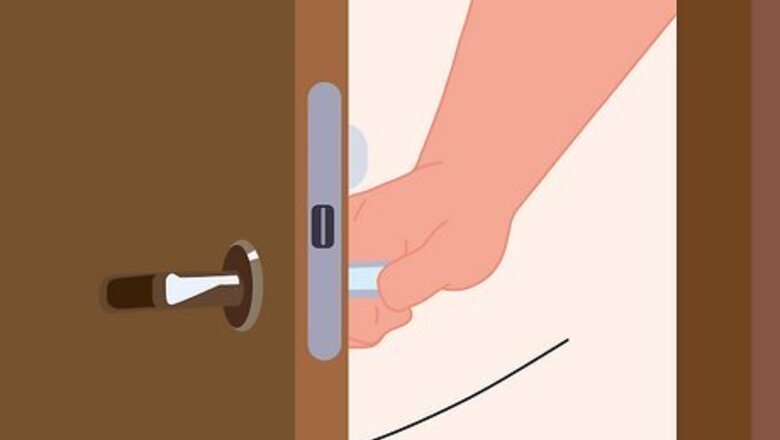
views
Keeping Safe during Your Stay
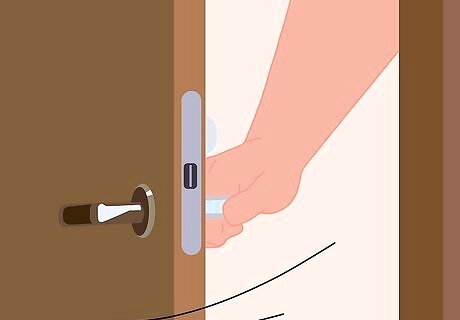
Leave the door open if accompanied to your room by staff. Many hotels offer valet or porter service to assist getting your baggage to your room and to point its features. When accompanied to your room by staff, be sure to leave the door open to minimize any potential accusations of improper behavior. Do a brief check of the room while the valet, porter, or bellhop is there to verify the room is empty. Check closets, the shower, and behind doors.
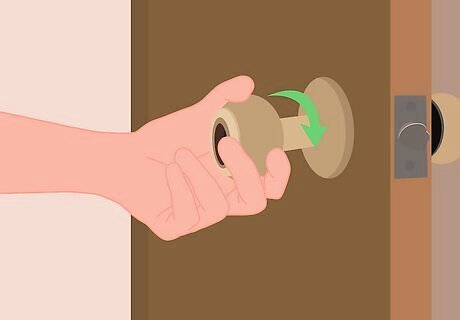
Check the room for damage and functionality. In some cases, hotel staff may have missed compromised safety features, like broken locks and deadbolts. If you notice that any of the safety features of your room are broken, request a new room. Lock each door and turn the handle to confirm the lock actually works. This includes deadbolts and safety locks.
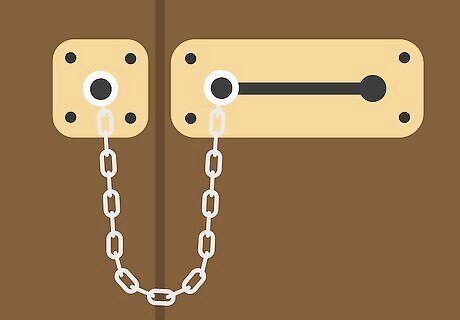
Use the safety lock when inside the room. Most hotel rooms are equipped with an additional safety lock above or below the handle lock and deadbolt on your room's door. Frequently, these locks can be fastened by sliding a piece of metal on a chain into a fixture bolted to the door or door frame. Do not open the door to anyone you don’t personally recognize. Some safety locks are installed improperly or on doors/frames that are insufficient. Try pulling the door against the safety lock. If it or the wood strains, moves, or deforms, your safety lock will only provide minimal safety.

Keep a flashlight by your sleeping area. This is especially important when staying in areas where natural disasters, like earthquakes, are common. Natural disasters can interrupt power and leave you scrambling in the dark. Keep a small flashlight by your bed or on your nightstand so you have light in the event of an emergency. Many cell phones also come equipped with a flashlight feature. However, many people charge their phone during the night. If a disaster happens, your phone may have little charge. For this reason, having a battery powered travel flashlight is recommended.
Ensuring Safety on Arrival

Supervise your luggage and overnight bags at all times. There will likely be plenty of distractions in the main lobby of your hotel, which means it'll be easy for you to lose track of your luggage. This will make it an easy target for thieves, who may take advantage of your distraction. It's a good idea to keep all luggage within arm's reach at all times, especially when you are checking in. Be wary about passing your luggage off to a porter or bellhop. At large hotels, some thieves may attempt to imitate staff.
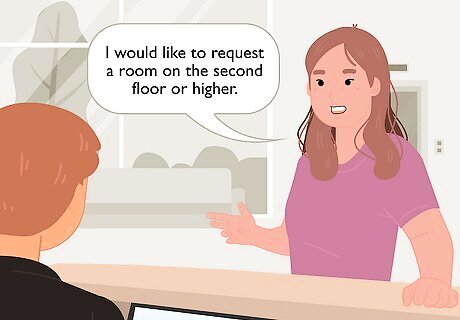
Request a non-ground level room. Ground level windows are common points of entry for burglars. By requesting a room on the second floor or higher, you'll severely limit the potential of someone breaking into your room from the outside. Ideally, you may want to ask for a room on floors three through five. These will deter break-ins, but can still be reached by emergency personnel, like firefighters.
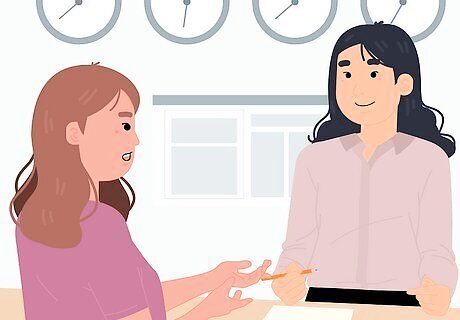
Prevent your room number from being overheard. Your hotel should not announce your name and room number aloud. Doing so may alert eavesdropping thieves as to where to find your room. If the hotel desk worker says this information out loud, ask for another room. You may feel self-conscious while doing this, but the simple fact is your room number should be private for your own personal security.
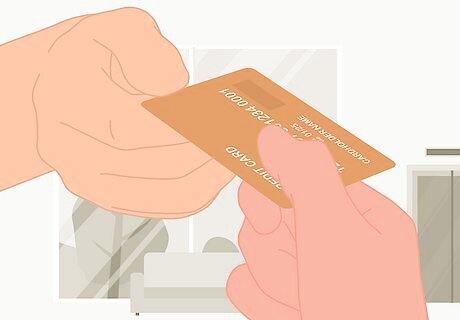
Avoid credit card fraud. Especially when traveling with family or in a group, you might be tempted to lay your credit card on the front desk so you can direct your attention elsewhere. This makes your card a prime target for a quick cell phone picture of your credit card information. Hold your credit card in your hand or keep it in your wallet or purse until the desk worker is ready to process your hotel fee. Inspect your card after it's returned to you. In some cases, you may be given back the wrong card or a fake.
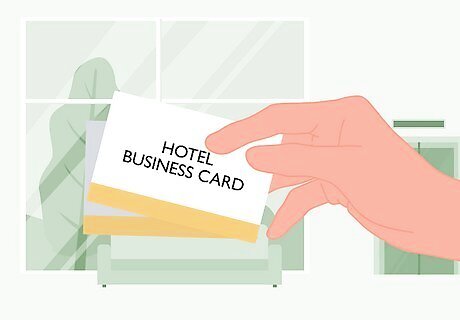
Take two of the hotel's business cards. You never know when an emergency will occur. Having your hotel's business card will enable you to provide an address for where you're staying or a number to contact your hotel if the need arises. This is also a useful technique to prevent getting lost in unfamiliar cities. Keep one business card somewhere visible in your room, like by the phone or on the nightstand, and the other in your wallet or purse.
Securing Personal Items in Your Room
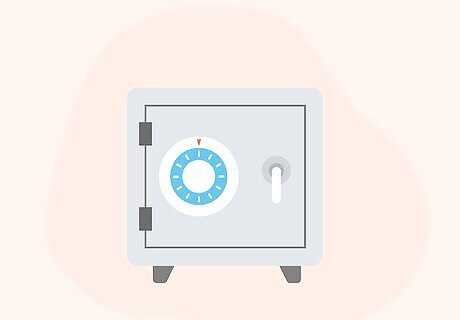
Lock valuables in your room safe when out and about. Hotels usually provide a safe in your room to protect your valuables. Combination safes that you can set yourself are much safer than key-lock safes. Electronics, like laptops, music players, and tablets, are often targeted by thieves, making these prime candidates for room safe storage. Jewelry and other small valuables are easy to hide in pockets and smuggle out of your room. Keep these in your room safe as well. If your room safe appears to be poorly made or easy to break into, you may want to forego storing anything in it and use the front desk safe instead.
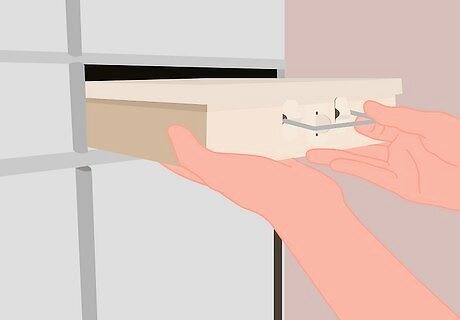
Use the front desk safe. Room safes tend to be small, so you may need to split valuables between your room safe and the one at the front desk. Also, larger items simply might not fit into your room safe and may need to be stored in the front desk safe. When keeping items in the hotel safe, always ask for a written receipt that lists the items you're keeping in the safe. Most hotels will not insure or replace items stolen from your room safe, but will for items kept in the front desk safe.
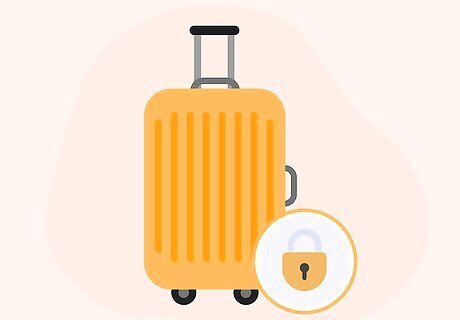
Seal your luggage when not in your room. A glimpse of a designer dress or a fancy suit may tempt hotel workers. Keeping all your luggage zipped closed, especially when you're out for the day, will decrease the risk of a hotel worker taking something. You might also want to move your luggage to a less visible location, like in a closet or under the bed, to further remove temptation.
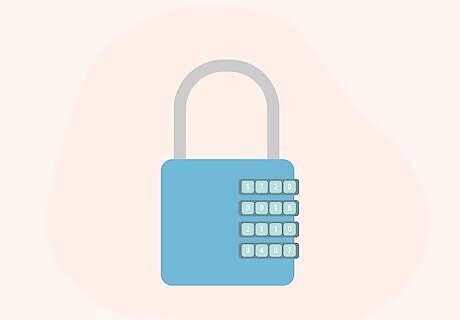
Utilize luggage and technology locks. The small locks used to secure luggage or technology won't deter a serious thief, but they will help prevent casual theft. Thieves often look for the easiest victim, and your locks will send a signal that you're a cautious traveler. These kinds of locks can be found at most hardware stores, technology stores, luggage stores, or through online retailers.
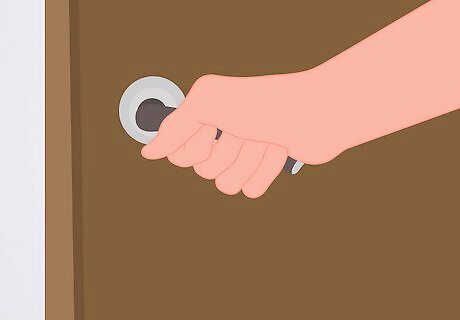
Close your room completely when going out. Open windows or balconies will be easier for a thief to break into. Every time you leave your room, check to make sure each window, balcony, and door leading into/out of your room is closed and secure. Even on higher floors, burglars may be able to easily hop from the balcony of a neighboring room to your own.




















Comments
0 comment